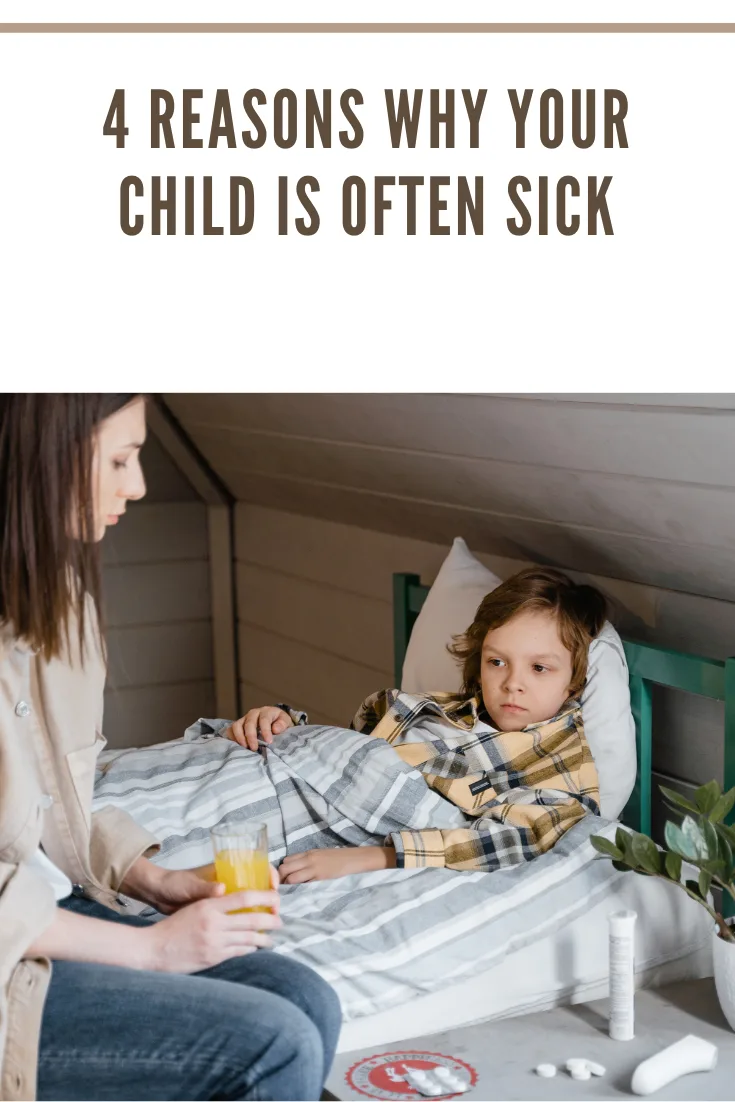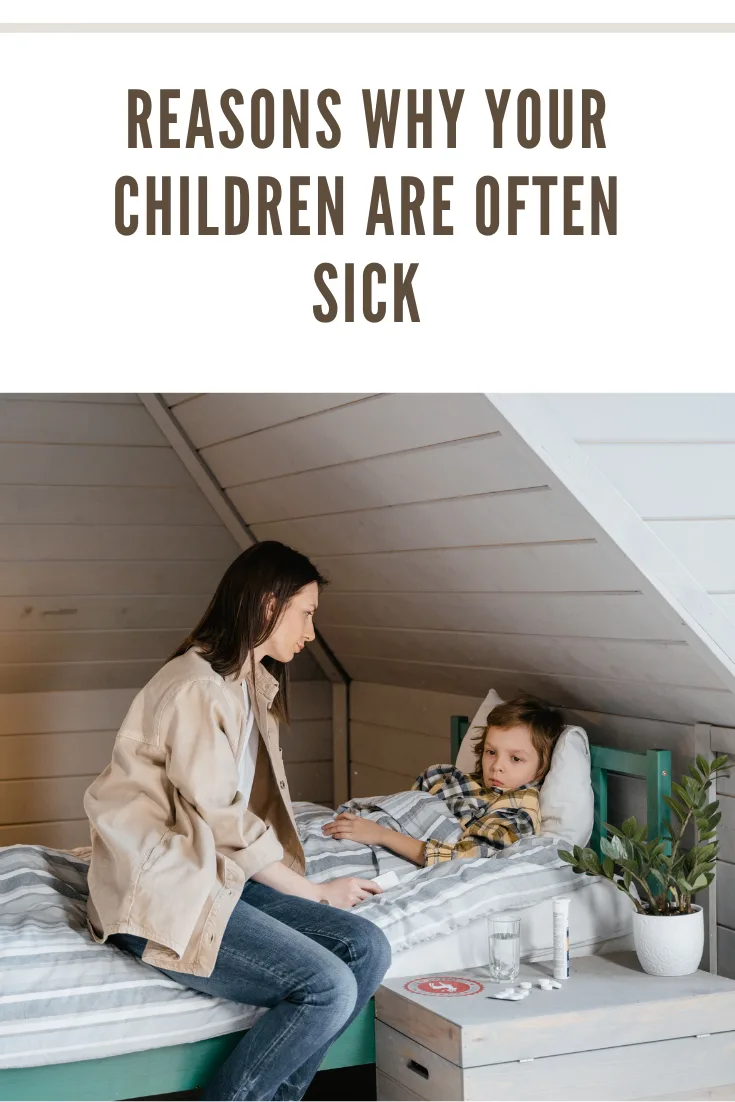It can be frustrating and worrisome if your children seem sick more often than other kids. You may be wondering what you are doing wrong or if there is something wrong with your child. The good news is that there are several reasons your children may be sick more often, and most are not cause for concern. Keep reading to learn more about why your children are often sick and what you can do to help prevent illnesses.
Weak Immune Systems
According to the NCBI, This is because their immune system is still developing and has not been exposed to as many viruses and bacteria as an adult’s immune system has. This is why young children are more likely to get sick than adults. However, there are things you can do to help boost your child’s immune system. Here are three simple ways to do that:
Improved Diet
Your child’s diet can dictate their overall health, so focusing on healthy foods and drinks is essential. This means cutting out sugary treats and processed fast food and replacing them with fruits, vegetables, lean meats, and whole grains.
Regular Exercise
Spending time outdoors is a great way to boost your child’s immune system. Encourage them to spend at least 30 minutes outside each day, and ensure they get at least 60 minutes of exercise several days per week. This could be anything from playing sports to going swimming or hiking.
Vitamins and Supplements
In addition to a healthy diet, consider giving your child a multivitamin or supplement. These can provide additional support and help them stay healthy. Talk with your pediatrician before starting any new supplements.

Other Children
If one child in a classroom or daycare gets sick, it’s only a matter of time before all the other children get sick too. This is because viruses and bacteria spread quickly from person to person, especially in close quarters like schools and daycares. Unfortunately, there’s not much you can do to prevent this since you can’t control who your child comes into contact with at school or daycare. However, you can help stop the spread of illness through other means. Here are some of those means:
Hand-washing
Your child should know the basics of hand-washing. It should be the first thing they do after using the bathroom, eating lunch, and playing. Proper hand-washing includes scrubbing with soap and water for at least 20 seconds, rinsing, and drying thoroughly.
Germs on Surfaces
Encourage your child to keep their hands away from their eyes, nose, and mouth to reduce the spread of germs. Also, please encourage them to wash or disinfect commonly touched surfaces like doorknobs, desks, countertops, and faucets. These are prime spots for bacteria to linger and spread.

Children Touch Everything
It’s no secret that kids are germ magnets. They touch everything they see and then put their hands in their mouths without thinking about it. This exposes them to many germs, which can make them sick. You can help prevent this by following the same suggestions above.
Allergies
If your child is constantly sneezing, sniffling, and rubbing their eyes, they may have allergies. It’s estimated that about 8% of children have allergies, and many more undiagnosed children live with them. Allergies can make breathing difficult and trigger asthma attacks, making it more likely for kids to get sick. If you suspect your child has allergies, talk to their doctor about ways to manage them, or you can make these three changes to your home.
Get an HVAC System
Unregulated temperature and humidity levels in your home can trigger allergy symptoms. An HVAC system can help regulate these levels and reduce the risk of an attack. You can ask your local HVAC contractor to install an HVAC system. You can also ask them to install HEPA filters to help filter the air.
Get Rid of Pet Hair and Dander
Pet dander, hair, and saliva can trigger allergy symptoms. If you have a pet in your home, ask the contractor to install special filters or coverings on your vents to help keep pet allergens out of the air. You may also consider keeping your pet outside or in a separate room, especially if your child has severe allergies.
Remove Dust and Mold
Dust and mold can also trigger allergy symptoms. Be sure to dust often and regularly vacuum hard floors, which will remove much of the dust that settles on them. Additionally, it would be best to consider eliminating carpeting, as it’s a breeding ground for mold.
If your children seem to be sick more often than other kids, it may be frustrating, but there could be several reasons. Thankfully, there are some things you can do to help prevent illnesses, such as boosting your child’s immune system and teaching them good hygiene habits. Following the tips above, you can do your part to keep your child healthy and reduce their risk of getting sick.
